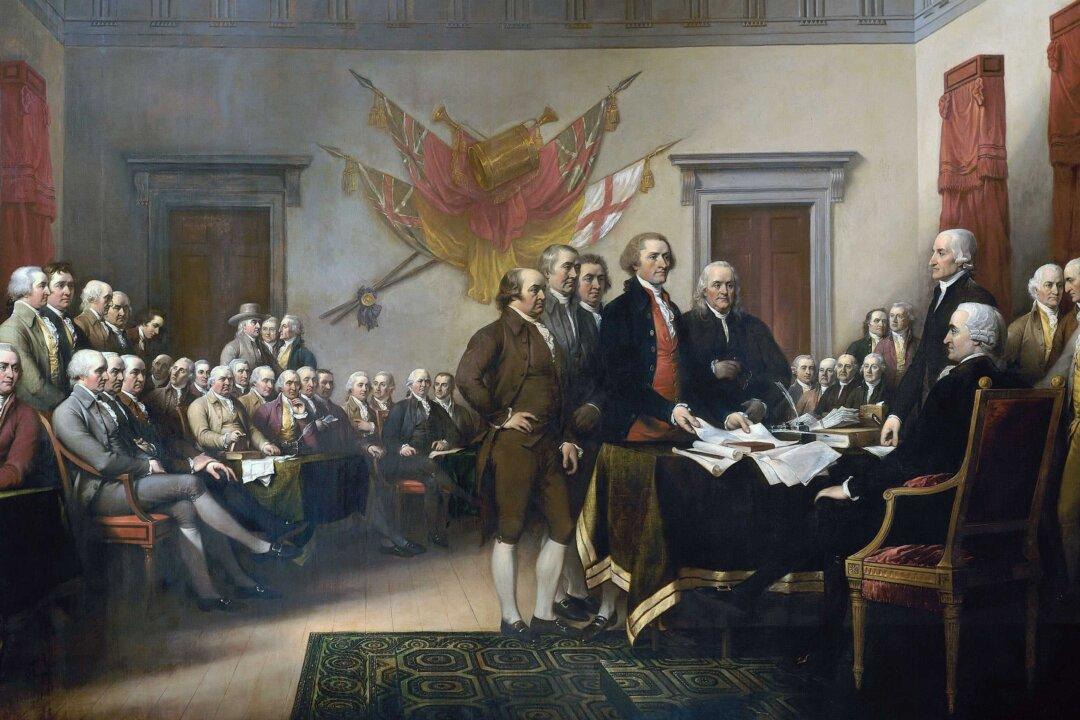There is no more fundamental task that lies before us than a self-conscious effort to recover the meaning of politics, civilization, and the soul for this (or any other) time. Not politics as a diabolical realm of power-seeking and “domination” rooted in will-to-power, but the “ruling and being ruled in turn,” as Aristotle called it, made possible by the uniquely human capacity to speak and reason about “the advantageous and the just.” If politics is unthinkable without conflict, it is defined above all by the enduring and humanizing imperative to “put reason and actions in common.” Politics so understood is at once light years from the violent mastery that defines despotism, the metaphysically mad dream of a “solution” to the human condition at the heart of all revolutionary and utopian temptations, and the anarchist and libertarian reverie that freely associating individuals can escape the arduous requirements of moral and civic virtue, debate, and disputation. Politics rightly understood is not reducible to morality. It is at the same time incompatible with frenzied moralism and all ideological projects to move beyond truth and falsehood, good and evil. If politics isn’t identical with ethics, it is an essentially moral enterprise.
Viewpoints
Opinion
Recovering Politics, Civilization, and the Soul
An excerpt from “Recovering Politics, Civilization, and The Soul: Essays on Pierre Manent and Roger Scruton”

The Statue of Liberty is seen in front of the skyline of Brooklyn before sunrise in New York City on July 9, 2020. Johannes Eisele/AFP via Getty Images
Commentary


